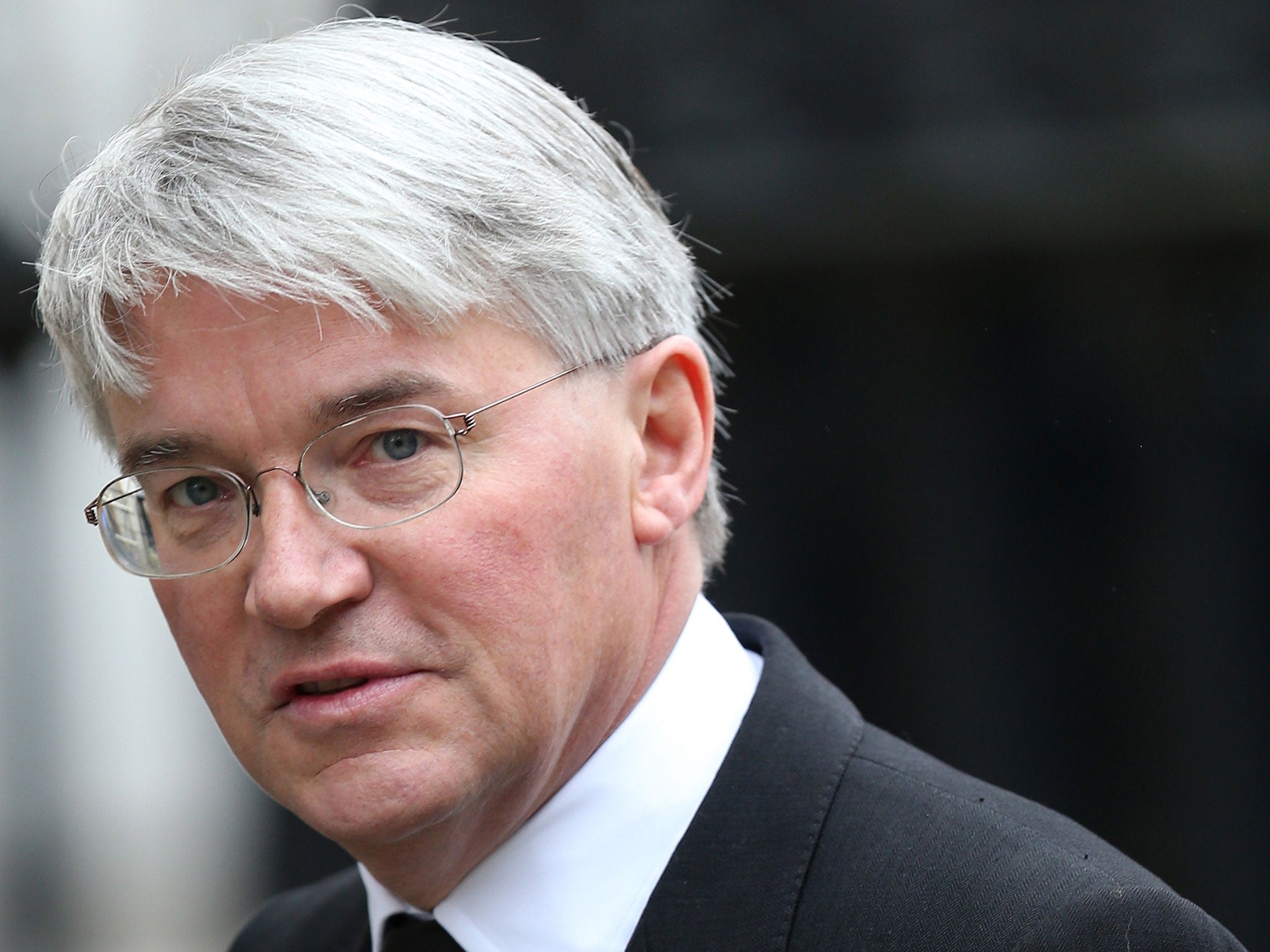Russia 'acting like the Nazis' in Syria, former cabinet minister says ahead of emergency debate
Former International Development Secretary Andrew Mitchell has called for a Commons debate on Aleppo, drawing parallels between Russia's contined disregard for international law and the German and Italian fascist regimes of the 1930s

Former cabinet minister Andrew Mitchell has compared Russia’s actions in the Syrian conflict to that of the Nazis before World War II ahead of an emergency commons debate on the crisis in Aleppo later today.
The former International Development Secretary said Russia has “shredded” international law by providing military support for Syrian President Bashar al-Assad’s bombing campaign of rebel neighbourhoods, adding that Moscow’s continued defiance of the diplomatic community resembles the behaviour of the fascist regimes of Germany and Italy during the 1930s.
“We are witnessing events which match the behaviour of the Nazi regime in Guernica in Spain,” Mr Mitchell said on Monday, referring to Russia’s use of its veto as a permanent member of the UN Security Council to block UN proposals to end airstrikes last week.
“They are destroying the United Nations and its ability to act, in the same way the Germans and the Italians destroyed the League of Nations in the 1930s.”
Tuesday’s debate was called by Mr Mitchell and Labour MP for Wirral South Alison McGovern. MPs are expected to discuss what the UK can do to ease the escalating humanitarian crisis in besieged rebel-held east Aleppo, which has faced unprecedented bombing since an internationally brokered ceasefire collapsed three weeks ago.
At least 338 people have died due to shelling of the built-up area, monitors say, which has included underground shelter penetrating bombs and cluster munitions. Around 250,000 thousand residents are unable to flee because of regime siege barricades encircling the neighbourhood, and food and medical supplies are running dangerously low.
Calling for a House of Commons debate on the “unfolding humanitarian catastrophe” on Monday, the Tory MP for Sutton Coldfield said: “[There has been] Use of incendiary weapons, munitions such as bunker buster bombs and cluster bombs... the UN make clear that the systematic use of such indiscriminate weapons in densely populated areas amounts to a war crime.”
Mr Mitchell, who served in the army before entering politics, also accused Russia of the bombing of a UN aid convoy last month which led to the unravelling of September’s Eid-al-Adha ceasefire.
Labour MP John Woodcock, secretary of the All-Party Parliamentary Group for Friends of Syria, joined Mr Mitchell’s calls to show the people of Aleppo “the world has [not] abandoned them” and to let Russia know there are “consequences” for its actions.
The request for an emergency debate was granted by Speaker of the House John Bercow after Mr Mitchell’s speech.

The UK, US and France have previously condemned Moscow for its “barbarous” bombing campaign in support of the Assad regime, suggesting the country is guilty of war crimes for the alleged targeting of civilian infrastructure in Aleppo such as hospitals and water supplies. On Monday, French foreign minister Jean-Marc Ayrault said he will formally ask the International Court of Justice to launch a war crimes investigation.
Both Moscow and Damascus deny that strikes deliberately target civilians, and blame the US-backed and al-Qaeda allied fighting factions in Aleppo for the continued violence.
The UK parliament has not formally discussed Syria since before the EU referendum in June. In December, parliament voted 397 to 223 to join the coalition of Western countries taking part in air strikes on terror group Isis.
The complex five-and-half-year long conflict has left 400,000 dead and more than four million displaced from their homes, the UN says.
Join our commenting forum
Join thought-provoking conversations, follow other Independent readers and see their replies
Comments
Bookmark popover
Removed from bookmarks